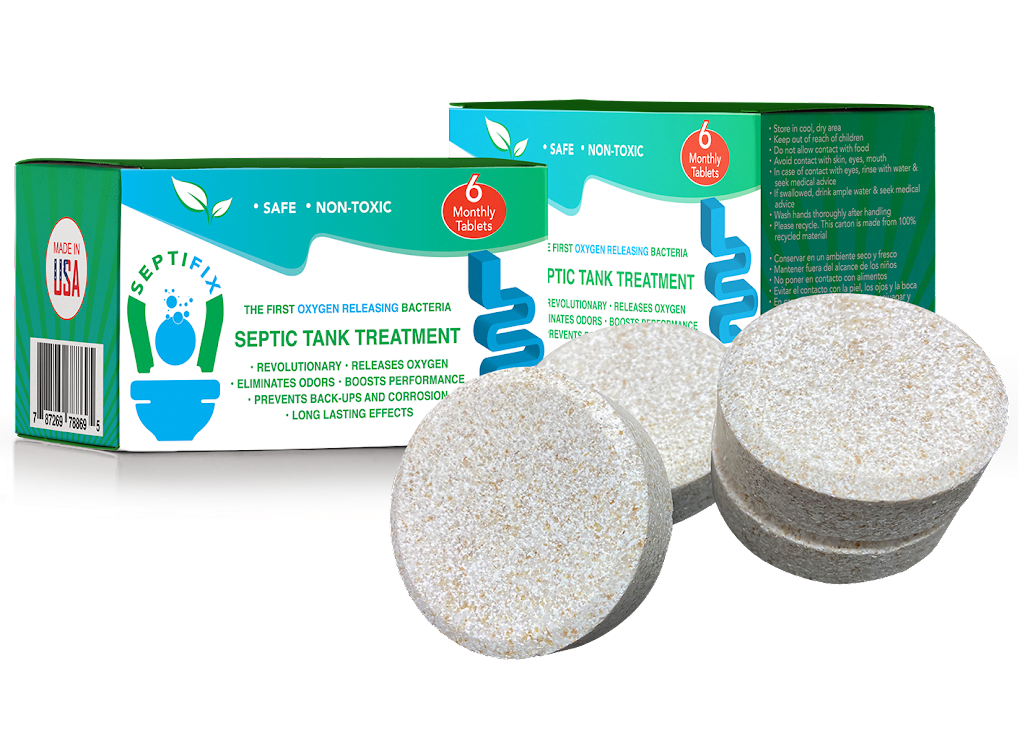A septic tank system is essential to any home not connected to a municipal sewer system. It is responsible for treating and disposing of household wastewater. The purpose of a septic tank system is to separate solid waste from liquid waste, allowing the liquid waste to be safely absorbed into the ground. Choosing the right type of septic tank for your home is crucial to ensure proper functioning and longevity.
Key Takeaways
- Septic tank systems are important for proper waste management in homes.
- Cement septic tanks are a popular choice due to their durability and longevity.
- They are cost-effective and low maintenance, making them a practical option.
- Cement septic tanks are resistant to environmental factors and easy to install and repair.
- They are also safe and environmentally friendly, making them the best home choice.
What is a Cement Septic Tank?
A cement septic tank, also known as a concrete septic tank, is a type of septic tank that is made from reinforced concrete. It is designed to be buried underground and is typically rectangular. The tank consists of two chambers – the first chamber receives the wastewater from the house, where solids settle to the bottom and scum floats to the top. The liquid waste then flows into the second chamber, where further treatment occurs before it is discharged into the drain field.
The Durability of a Cement Septic Tank
One of the key advantages of a cement septic tank is its strength and durability. Cement is known for its ability to withstand heavy loads and pressure, making it an ideal material for septic tanks. Compared to other types of septic tanks, such as plastic or fiberglass, cement septic tanks are less prone to cracking or collapsing under pressure. This durability ensures the tank can withstand years of use without frequent repairs or replacements.
Longevity and Lifespan of a Cement Septic Tank
| Metrics | Description |
|---|---|
| Material | Cement |
| Expected lifespan | 50-100 years |
| Maintenance | Regular pumping and inspection |
| Cost | Varies depending on size and location |
| Environmental impact | Minimal |
When properly maintained, a cement septic tank can last for several decades. However, the lifespan can vary depending on various factors, such as the quality of construction, soil conditions, and regular maintenance. On average, a well-built cement septic tank can last 30 to 50 years or even longer. Regular inspections and pumping can help prolong the tank’s lifespan and ensure its continued functionality.

SEPTIFIX will save you hundreds, if not thousands of dollars each year, because your septic system will run smoothly and you won’t have to worry about calling the pumpers or a plumber for a fix!
Click here to save up to 50%
Cost-Effective and Low Maintenance
Cement septic tanks are durable and cost-effective in the long run. While the initial installation cost may be higher than other types of septic tanks, their longevity, and low maintenance requirements make them a cost-effective choice. Cement septic tanks require minimal maintenance, with regular pumping being the primary maintenance task. Additionally, cement septic tanks’ durability makes them less likely to require costly repairs or replacements.
Resistant to Environmental Factors
Cement septic tanks are highly resistant to environmental factors such as corrosion and rust. Unlike metal septic tanks, which can rust over time, cement septic tanks are unaffected by rust or corrosion. This resistance ensures the tank remains structurally sound and does not leak or collapse. Cement septic tanks can withstand extreme weather conditions, such as freezing temperatures or heavy rainfall, without damage.
Easy to Install and Repair
Installing a cement septic tank is relatively straightforward. The tank is typically delivered to the site in precast sections, assembled, and connected to the plumbing system. Depending on the tank’s size and the complexity of the plumbing connections, the installation process can be completed within a few days. Similarly, a professional can quickly and easily repair a cement septic tank.
Versatile and Customizable
Cement septic tanks are versatile and can be customized to fit different needs. They come in various sizes to accommodate different household sizes and wastewater volumes. Cement septic tanks can be designed with additional features, such as effluent filters or pumps, to enhance their functionality. This versatility makes cement septic tanks suitable for different properties, from residential homes to commercial buildings.
Safe and Environmentally-Friendly
Cement septic tanks are safe for the environment and help reduce pollution and contamination. The treatment process within the tank helps remove harmful bacteria and pathogens from the wastewater, ensuring it is safe to discharge into the drain field. Cement septic tanks do not release harmful chemicals or toxins into the soil or groundwater, making them an environmentally friendly choice.
Cement Septic Tanks are the Best Choice for Your Home
In conclusion, cement septic tanks offer numerous benefits that make them the best choice for your home. Their durability, longevity, and low maintenance requirements make them a cost-effective option in the long run. They resist environmental factors and can withstand extreme weather conditions without damage. Cement septic tanks are easy to install and repair and can be customized to fit different needs. Most importantly, they are environmentally safe and help reduce pollution and contamination. When choosing a septic tank for your home, consider the advantages of a cement septic tank and make an informed decision that will benefit you for years.
If you want more information on maintaining your cement septic tank, check out this article on the hidden cost of neglecting proper maintenance. It highlights the importance of regular septic tank cleaning, the potential consequences of not doing so, and understanding the challenges that can arise from wet terrains, such as a high water table. To learn more about navigating these challenges, look at this informative article.
FAQs
What is a cement septic tank?
A cement septic tank is a type of septic tank made from cement or concrete. It is used to treat and dispose of wastewater from households and buildings not connected to a municipal sewer system.
How does a cement septic tank work?
A cement septic tank works by allowing wastewater to flow into the tank, where it is treated and separated into three layers: solids, liquids, and scum. The solids settle to the bottom of the tank and form sludge, while the scum floats to the top. The liquid layer in the middle is then discharged into a drain field for further treatment.
What are the advantages of a cement septic tank?
Cement septic tanks are durable, long-lasting, and withstand harsh weather conditions. They are also relatively easy to install and maintain and can be customized to fit the specific needs of a household or building.

SEPTIFIX will save you hundreds, if not thousands of dollars each year, because your septic system will run smoothly and you won’t have to worry about calling the pumpers or a plumber for a fix!
Click here to save up to 50%
What are the disadvantages of a cement septic tank?
Cement septic tanks can be more expensive to install than other types and may require more frequent pumping and maintenance. They are also prone to cracking and leaking if improperly installed or maintained.
How long does a cement septic tank last?
A well-maintained cement septic tank can last up to 50 years or more. However, its lifespan can vary depending on usage, maintenance, and environmental conditions.
How often should a cement septic tank be pumped?
A cement septic tank should be pumped every 3-5 years, depending on its size and the number of people using it. Regular pumping helps prevent the buildup of solids and extends the tank’s lifespan.


